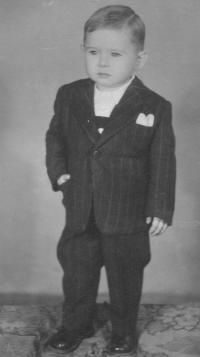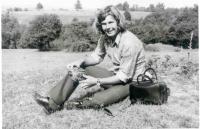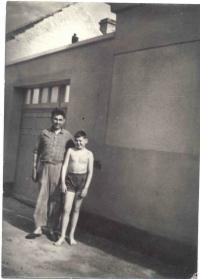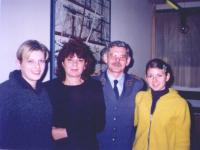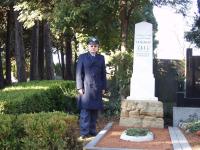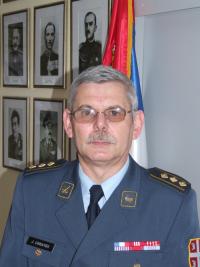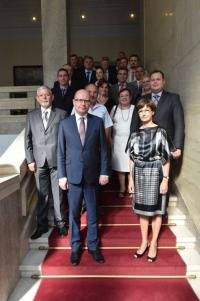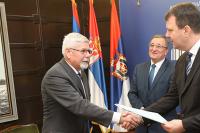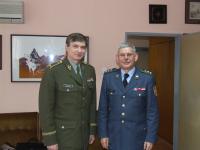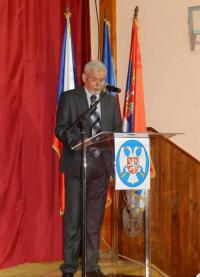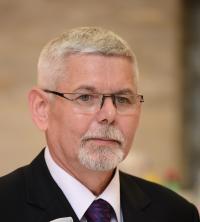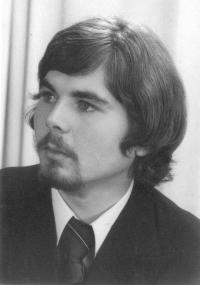Never retreat, always think positively and success is sure to come.

Download image
Jože Sivaček was born on 13 March 1954 in the community of Bela Crkva in former Yugoslavia in a mixed Czech-Serbian family. They spoke Czech at home. As a child, Jože spent most of his time with his grandma who would read him stories from a Czech book every night. He graduated from the Military Academy in Belgrade and had a successful career: he attained the colonel rank and became a professor and then the Dean of the Military Academy. He was involved in a reform of the military educational system after 2000. He has been an active member of the Czech community in the Banat region and the current Chairman of the Czech National Council. He is married and has two daughters.
